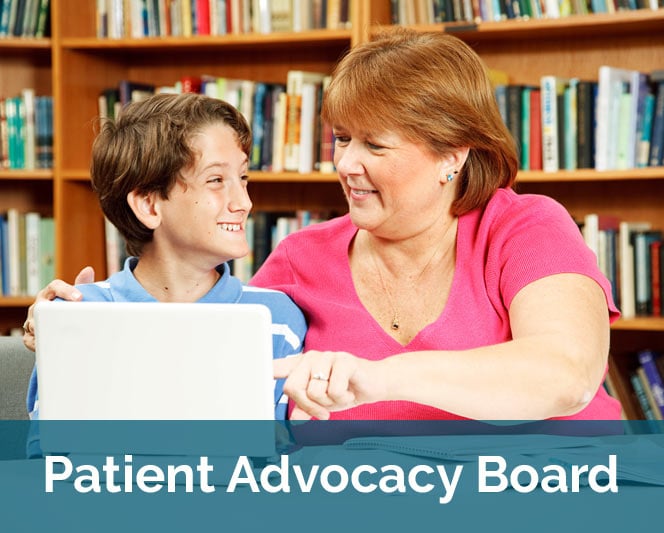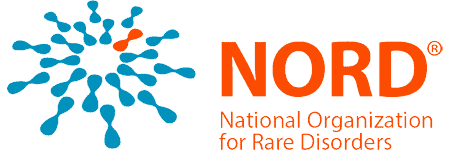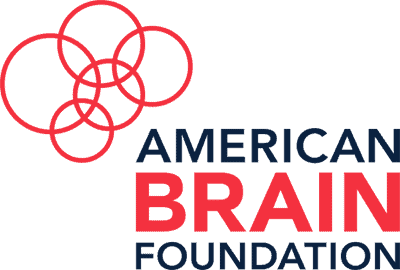About Us
Our Mission
The Consortium for Outcome Measures and Biomarkers for Neurodevelopmental Disorders is a non-profit organization devoted to speeding the path to clinical treatments for people with rare genetic neurodevelopmental disorders by pooling efforts, studies, and data.
Our Structure
We are a non-profit consortium led by patient advocacy foundations, working with the clinicians, researchers and pharmaceutical firms that are developing treatments for the disorders they represent.
External Grant Policy – The terms and conditions applicable to grants funded by COMBINEDBrain are set forth in the Policies & Procedures document, unless otherwise specified in the award letter. Each grant or gift mechanism has unique characteristics, such as duration, funding levels, eligibility requirements and project requirements. These characteristics are outlined in the Requests for Applications (RFAs), as well as in the individual award letters. Grantees and their institutions must abide by all applicable laws and regulations. Please email info@combinedbrain.org with any questions. Reference the PI’s name and the title of the grant in all correspondence.
Indirect costs to the primary institution must be negotiated before the budget period in which any funds will be awarded. Indirect costs are limited to a maximum of 15 percent of direct costs, with the following exceptions: equipment, tuition and any portion of each subcontract in excess of $25,000.. No indirect costs may be taken on COMBINEDBrain Postdoctoral Fellowships. The indirect cost rate is non-negotiable.










